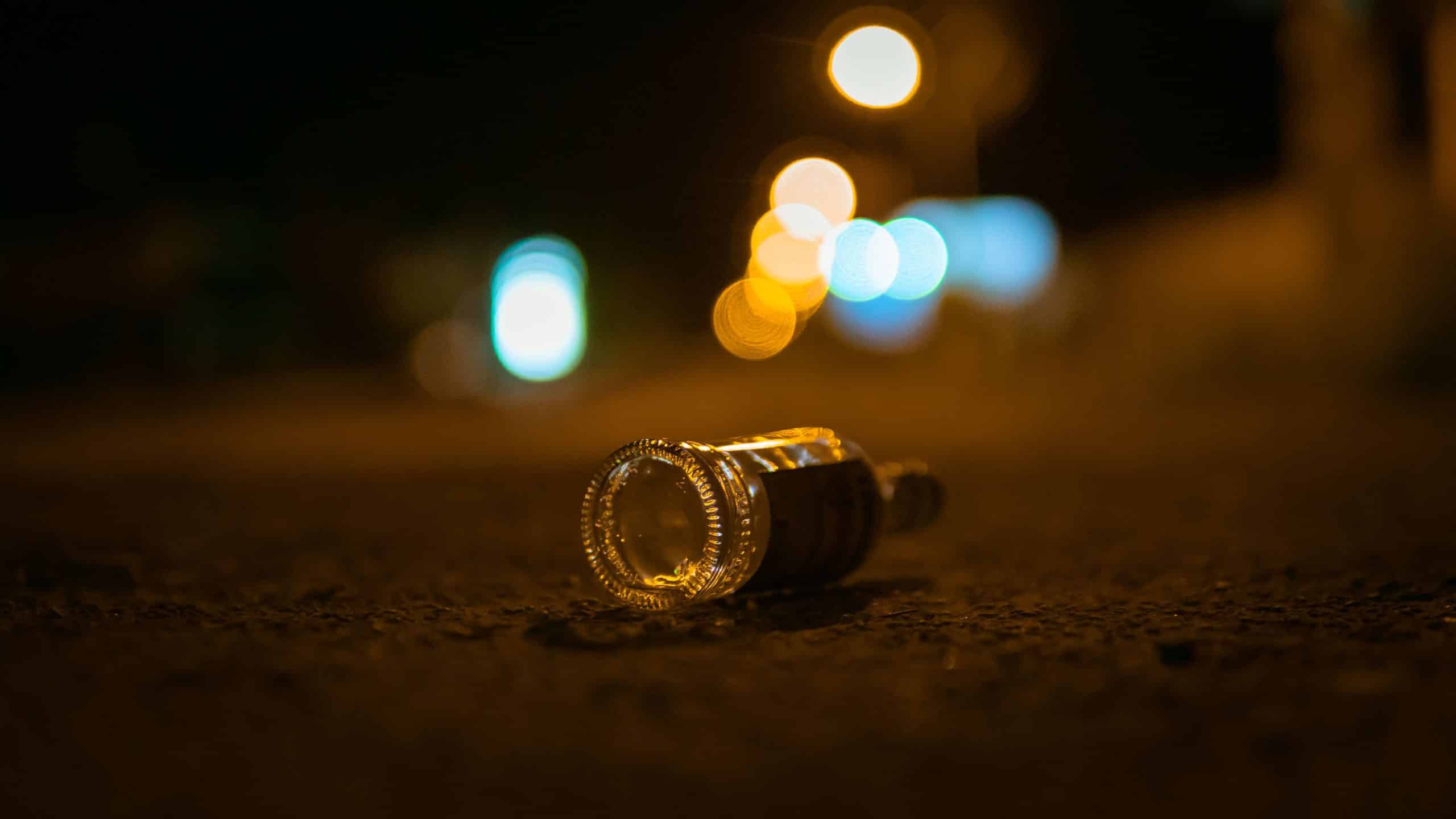Humanity experiences over 3,000,000 deaths per year worldwide due to Alcohol. This translates to 5.3% of all deaths on the planet yearly [1]. Over 2,000,000 deaths annually from alcohol related illness alone, while the remaining are due to injury caused by its intoxicating use. Over 75% of the total are men, while women seem to have a less dominant predisposition to become addicted to the substance, possibly due to social and psychological reasons.
An estimated 2,300,000,000 people on the globe consume Alcohol regularly. With 45% of all the alcohol ingested considered “Hard Alcohol”, this sought after product is distilled and extracted from various plants growing in many different territories throughout the globe. [2] In contrast, beer, which is derived from fermented hops plants, takes up 34% of the total alcohol use, followed by wine, which is used by just 12% percent of the population.
Each type of plant that is contained in the specific alcohol addiction is characterized by different effects. Generally a person addicted to a distillate like Tequila, derived from an agave plant, is more prone to an aggressive behavior than that of a beer consumer.
This is due largely to each human’s personal metabolic make up, both in terms of biochemical interactions than psychological attitude. The variety of effects each plant can have on the personal state of being is beyond vast and can boil down to treatment of mental issues associated with the addiction. Partnered with alternative plant replacements, these methodologies can potentially remediate to damages caused by alcoholism.
Replacement Therapy
Kratom
Replacement therapy can be tricky if trading one addictive substance with another one. To make an example Kratom (Mitragyna speciosa) is a tall growing, broad leaf tree, predominantly growing in Asia is generally used as a stimulant that has become widely distributed in the Northern Hemisphere. This plant-derived product is in the form of a green powder both contained in capsules or free grains. The behavior of alcoholics consuming this substance can become aggressive with an upraised heartbeat when the replacement therapy is denied. Research shows this plant causing potential damage to the liver, respiratory system, and heart in long term users. [3] Kratom has shown potential in the opioid withdrawal programs, but in general is far from appropriate for alcohol addictions.
Adjuvant therapy
Cannabis
A much gentler form of plant extracts to use as adjuvant therapy against alcohol addiction is Cannabis Sativa L.. With Cannabis being mis-scheduled throughout the legal policies of the globe, it has taken a significant amount of time to gather data and research on the possibilities of this plant as a replacement therapy for alcohol addictions.
In the most recent months, the United States Dept of Health and Humans services has recommended rescheduling cannabis in schedule 3 for future ability to use in medical applications. Currently on a federal level, hemp derived products are legal if carrying no more than 0.3% of delta-9-tetrahydrocannabinol (THC-9), the psychotropic compound contained in cannabis. Depending on your Providence, State or Territory- one can access “Medical” or high THC-9 cannabis, which opens the doors to a plethora of plant extractions and creative product applications that can assist against alcohol addiction.
One of the easiest forms of alcohol replacement are cannabis derived drinks. Cannabis beers, seltzers, sake, and wine have gained great traction in the new world of cannabis extracts and product development. In addition, cannabis and hemp extracts are now being abundantly added to foods bringing anti-inflammatory and digestive support. With alcohol withdrawal syndrome, cannabis and hemp derived edibles can support the body for the craving of sugars and metabolites, offering also a reprieve from alcoholic yearnings.
Cannabis infused beverages can allow alcohol addicted consumers to still feel as if they are holding a drink, as they mentally adapt to not consuming alcohol. It also induces just the right amount of buzz to allow them to feel social and interact in settings where alcohol is present. In times where a knockout effect is desired, consuming cannabis infused edibles can bring the sure-fire effect the addict is looking for, with over consumption still providing that hangover feeling if not properly hydrated.
Other Plants to face alcohol addiction
Other amazing plants and plant-derived extracts which can be used to help alcohol withdrawal syndrome are listed below:
- Grape Juice: high sugar and potassium content is perfect for sugar metabolite cravings in alcohol addicts and helps to keep blood sugars even.
- Withania somnifera L. or Ashwagandha “Winter Cherry”: this evergreen shrubbery that grows in Africa and Asian regions has been used as an “adaptogen” meaning that it contains a chemical which helps in resisting both physical and emotional stress.
- Bacopa monnieri L. or Brahmi: this tropical plant is able to grow under water and its extracts are known for the antioxidant action and can help treat anxiety and epilepsy.
- Piper methysticum or Kava- The ground roots can produce calming and sedative effects. The plant extract can be found as adjuvant in coffees and teas as well as supplements. [4]
- Panax quinquefolius L. or Panax Ginseng: the ground root grown worldwide can be found in many health food stores in forms of pills, drinks, raw plant and can be added to a healthy diet for detox assistance.
Extracting your own fruit and vegetables at home can add a healthy habit to your life.
Taking time to grow your own garden and making a smoothie can change your life.
Add a couple drops of cannabis derived cannabidiol (CBD) to take the edge off any day and choose healthier plants to consume than alcohol containing beverages!
References:
[1] World Health Organization – https://www.who.int/news-room/fact-sheets/detail/alcohol
[2] Our World in Data- https://www.ourworldindata.org/alcohol-consumption
[3] Kratom| National Institute on Drug Policy- nida.nih.gov/research-topics/kratom
[4] Steiner GG. Kava as an anticraving agent: preliminary data. Pac Health Dialog. 2001 Sep;8(2):335-9. PMID: 12180513.
![]()
